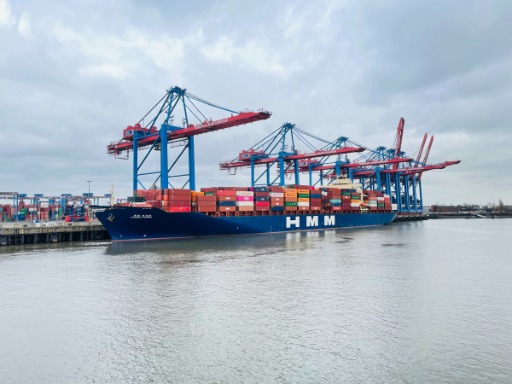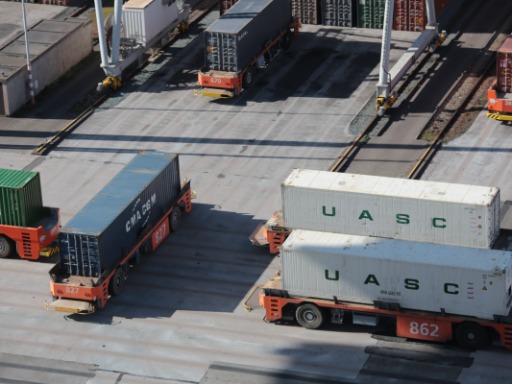Towards a Mission-oriented Innovation Systems (MIS) approach, application to Dutch sustainable maritime shipping
A recent paper published in PLOS Sustainability and Transformation discusses the application of a Mission-oriented Innovation Systems (MIS) approach to Dutch sustainable maritime shipping. Building on the literature on mission-oriented innovation policy, governance, transition studies and innovation systems, the paper develops a structural-functional approach to formatively assess mission governance from a MIS perspective.
Central to this MIS approach is the mission arena, a governance structure in which actors formulate and manage the mission by mobilising and directing other pre-existing system components. Their aim is to achieve the mission by developing and disseminating innovative mission solutions and destabilising harmful practices. The MIS approach includes a problem-solving diagnosis and an analysis of structural, functional and systemic barriers. In order to provide formative recommendations for mission governance, the systemic barriers are then confronted with the governance tasks of the mission arena.
To illustrate the value of the MIS approach, the paper uses a case study of the Dutch Mission for Sustainable Maritime Transport. This case study illustrates a mission arena striving to increase the coherence between different innovation system structures in the manner of a MIS. The configuration of actors in the mission arena shaped the mission formulation and negotiated governance actions. Dominant industry networks negotiated green growth as a problem direction and non-committal governance actions, which are likely to be ineffective for inherently transformative sustainability missions.

The paper concludes by identifying directions for further development of the MIS approach and the Mission Arena concept. The authors argue that missions such as "a net-zero greenhouse gas emissions economy by 2050" are increasingly being used to address societal challenges such as climate change. However, there are currently no analytical frameworks that can adequately assess the impact of such challenge-driven missions. They therefore introduce the Mission-oriented Innovation Systems (MIS) approach, which captures all the social, technological and other factors that affect the success of the development and deployment of mission solutions.
In summary, this paper presents an innovative approach to tackling complex societal challenges through the use of a Mission-oriented Innovation Systems (MIS) approach. By applying this approach to Dutch sustainable maritime shipping, the authors demonstrate its potential to achieve transformative change. This research provides valuable insights for policy makers and practitioners seeking to address complex societal challenges through innovation.
